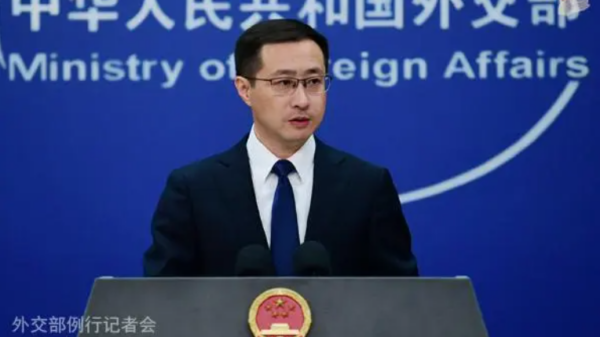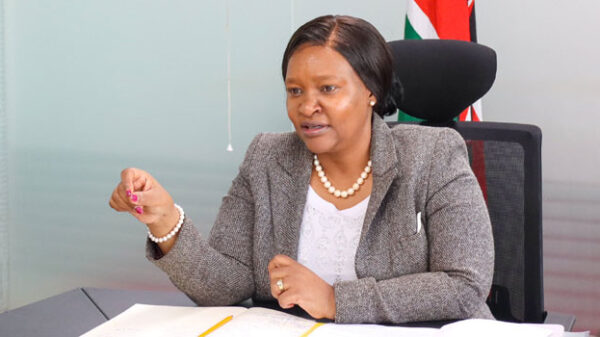
The House Speaker’s intervention was seen as timely measure to protect the integrity of the House and its procedures as speculation to the effect that MPs were using such ploys to extort the targeted CS gathered momentum/FILE
NAIROBI, Kenya, May 24 – Impeachment guidelines issued by the National Assembly Speaker Justin Muturi are likely to be the latest obstacle a section of Jubilee Party Members of Parliament are likely to run into in their hyped motion seeking the removal from office of Interior Cabinet Secretary Fred Matiangi.
In October 2015, Muturi stepped in to intervene on what was viewed as an abuse of parliamentary privilege by some MPs who had during the occasion duped their colleagues into signing a petition in support of a vote of no-confidence against a Cabinet Secretary, only for the mover of the motion to absent himself from the debating chamber when the time came for him to present the motion.
Former Cabinet Secretaries Anne Waiguru (Devolution and Planning) had on two occasions been a recipient of abortive impeachment motions; in the first instance former Igembe South MP Mithika Linturi abandoned the motion midstream while on the second instance Alfred Keter’s bid was halted after the Speaker ruled that it had fallen short of the required numbers by eight MPs.
The House Speaker’s intervention was seen as timely measure to protect the integrity of the House and its procedures as speculation to the effect that MPs were using such ploys to extort the targeted CS gathered momentum.
Apart from getting 88 MPs to back him for a Motion to be approved and to consequently get listed on the Order Paper, the Speaker used Standing Orders to give himself the power to determine if the grounds in a Motion to impeach a State officer met the threshold provided in the Constitution.
In doing this, Muturi quoted the rulings of the High Court that have kept Embu Governor Martin Wambora in office even after a double impeachment in the Senate, and another ruling from Nigeria’s Judiciary as the grounds he was relying on to reserve the right to determine if an impeachment motion should go on or not as soon as he is “satisfied of the constitutional and evidential propriety”.
In his Communication to the House delivered in October 2015, the House Speaker ruled that henceforth impeachment of Cabinet Secretaries, State Officers and even the President must have evidence attached showing grounds of impeachment.
“Averments made in the Special Motions should be accompanied by the necessary evidence including annextures and sworn testimonies in respect of the allegation as may be necessary,” said the Speaker.
So stringent are the guidelines that the Speaker required that an MP sponsoring an impeachment motion should circulate a petition with charges that his office has approved to ensure MPs are well-informed of what they are supporting.
It is these measure that Leader of Majority Party Aden Duale was relying on as he dismissed claims by his Minority counterpart, John Mbadi that a section of Jubilee Party MPs are engineering an impeachment motion against Matiangi over the gold scandal that has roped in dubious businessmen and influential government and political leaders.
“As the Leader of the Majority in this House, I want to categorically state there are no plans or any process to impeach any minister, including Matiangi.”
“As Jubilee members we will not allow the impeachment of Matiangi and in fact the procedure is very clear for removal of office of a cabinet secretary,” he said as he termed the reported scheme as ‘imaginary.’
According to Article 152 of the Constitution, a Member of the National Assembly – supported by at least one-quarter of all the members of the National Assembly – may propose a motion requiring the President to dismiss a Cabinet Secretary on different grounds ranging from gross violation of a provision of the Constitution or of any other law. And where there are serious reasons for believing that the Cabinet Secretary has committed a crime under national or international law; or for gross misconduct.








































